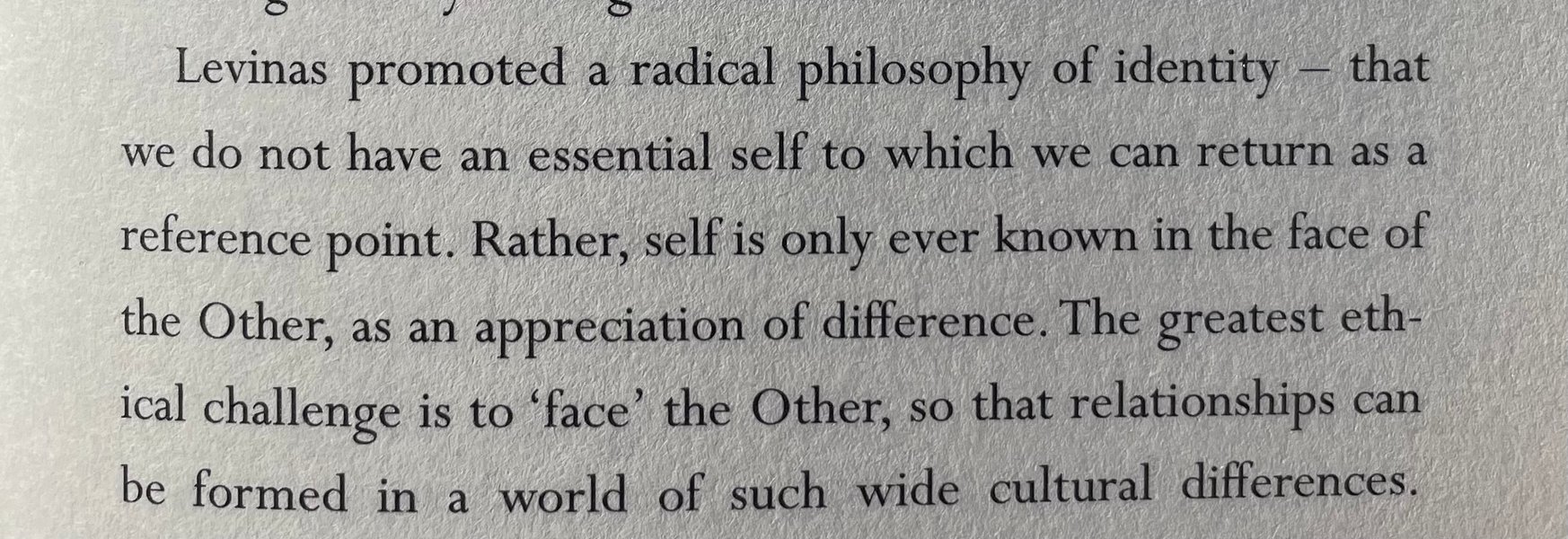Sublime
An inspiration engine for ideas
The examination of this aspect of the process led to some very important issues for Saul. Obviously, it was difficult for him to express the softer, affectionate part of himself. He feared being vulnerable and exposing his dependent cravings. He feared losing himself and his own uniqueness by getting too close to another or becoming a member of a
... See moreIrvin D. Yalom • The Theory and Practice of Group Psychotherapy
The laws which have been hitherto mentioned, i.e. the laws of nature, do bind men absolutely, even as they are men, although they have never any settled fellowship, never any solemn agreement amongst themselves what to do, or not to do: but forasmuch as we are not by ourselves sufficient to furnish ourselves with competent store of things, needful
... See moreThe spirit of a man is constructed out of his choices!”
Irvin D. Yalom • When Nietzsche Wept: A Novel Of Obsession
Rabbi Irving “Yitz” Greenberg, all human beings are endowed with three “intrinsic dignities”: infinite worth, equality, and uniqueness.10
Shai Held • Judaism Is About Love: Recovering the Heart of Jewish Life


mark—doodle, diagram, trace—is his genius, but so, too, is the name—his name, written again and again: Edwin Parker, Cy Jr., Cy Twombly, Twombly, CT, Cy.
Joshua Rivkin • Chalk: The Art and Erasure of Cy Twombly

